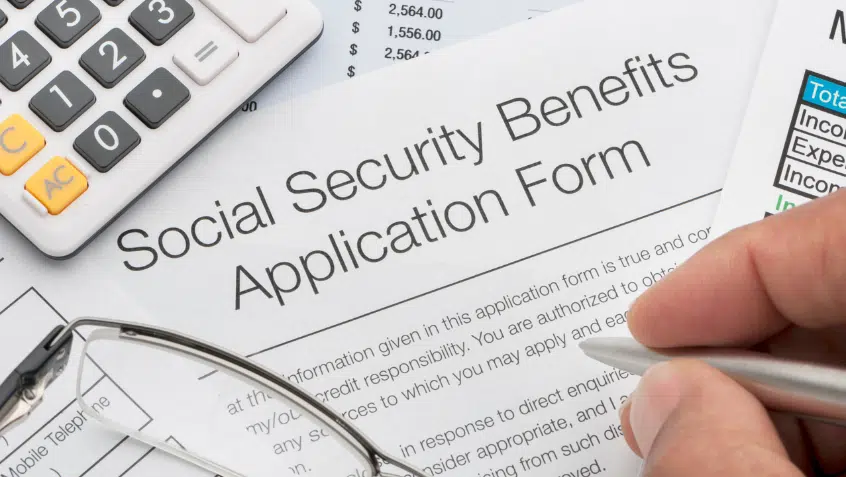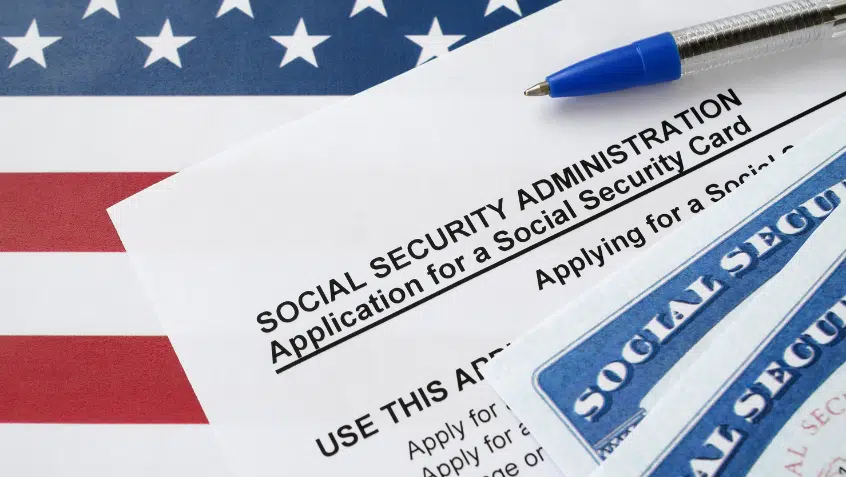
In January, Congress temporarily extended two important Medicaid provisions that help older adults and people with disabilities live at home and participate in the community—the home and community-based (HCBS) spousal impoverishment protection and the Money Follows the Person (MFP) program.
Unless Congress acts soon, these programs will expire on March 31. Take action to help protect Medicaid HCBS.
- Call the U.S. Capitol Switchboard at (202) 224-3121 and ask for the office of your Senator/Representative. Once connected, explain that you are a constituent who is calling to ask the Senator/Representative to support two important Medicaid HCBS bills.
- Amplify your voice!
- Forward this alert to your networks; and
- Spread the word on social media using #HCBS, #Medicaid, and #FundMFP.
- Learn more about these provisions and their impact on older adults and people with disabilities.
- Read Medicare Rights’ fact sheets on Medicaidand Medicaid and Medicare;
- Justice in Aging’s spousal impoverishment protection fact sheet; and
- A one-pager on The EMPOWER Care Act.
The spousal impoverishment protection makes it possible for a married couple to meet basic needs without jeopardizing their eligibility for Medicaid home and community-based services (HCBS). These financial protections have long been available for married couples receiving Medicaid long-term services and supports (LTSS) in an institution and should equally apply to LTSS received at home.
Congress must pass HR 1343 to make the HCBS spousal impoverishment protection permanent.
The Money Follows the Person (MFP) program has helped over 88,000 older adults and people with disabilities move out of institutions and into the community. It is a common-sense way to fund Medicaid HCBS that not only improve health outcomes and quality of life, but also save federal and taxpayer dollars.
Congress must pass The EMPOWER Care Act to reauthorize the MFP program.
Allowing these programs to expire would effectively separate people from their homes, communities, families, and friends against their will. Without these supports, some older adults and people with disabilities would be forced out of their homes and into more costly institutional care, while others who are currently in institutions would be prevented from returning home. People and families across the country would suffer, and the progress states have made in helping older adults and disabilities live and age with dignity, independence, and choice would erode.
The Latest
Most Read
Trump Administration and Elon Musk’s DOGE Closing Social Security Offices, Harming Access to Services
Threats to the Social Security Administration and to Benefits Continue to Raise Alarm
New Resources Show House Budget Would Slash Medicaid, Despite Voters’ Support of Program
Federal Government Funding Decisions Loom
Add Medicare to Your Inbox
Sign up to receive Medicare news, policy developments, and other useful updates from the Medicare Rights.
View this profile on InstagramMedicare Rights Center (@medicarerights) • Instagram photos and videos









